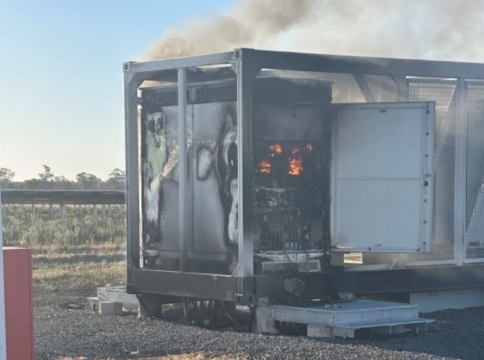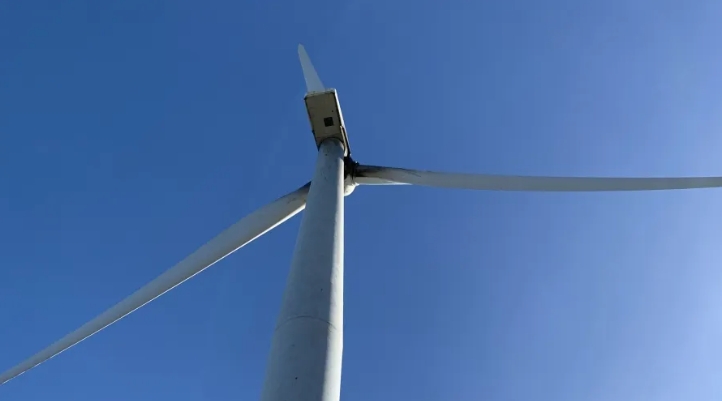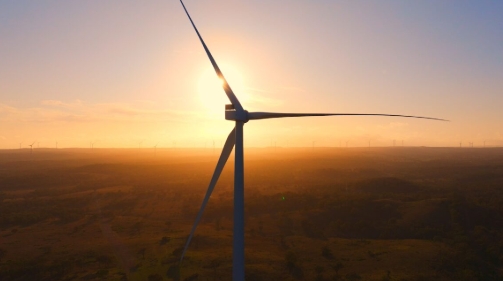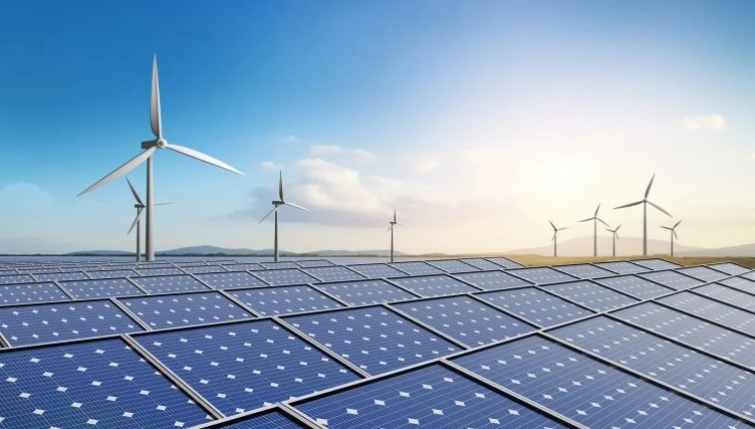The UK must make electricity generation zero carbon by 2035 and reduce greenhouse gas emissions almost 80% to set the country on a path to net zero by 2050, according to the Climate Change Committee (CCC).
![[Image: CCC]](https://www.world-energy.org/uploadfile/2020/1209/20201209020432696.jpg) [Image: CCC]
[Image: CCC]
The CCC, which advises the government on climate change issues, has set out its official advice on the UK's sixth carbon budget for the 2033-2037 period in a 1000-page report released today detailing a roadmap to full decarbonisation for the country.
It said that a major investment programme across the country must be delivered, in large measure by the private sector, in order to achieve the goals.
The investment will also be the key to the UK’s economic recovery in the next decade, the CCC said.
“In many areas, this gives people real savings, as the nation uses fewer resources and adopts cleaner, more-efficient technologies, like electric cars, to replace their fossil-fuelled predecessors,” the committee added.
It said that these savings substantially reduce the cost of net zero compared with previous assessments to less than 1% of GDP throughout the next 30 years.
“This is thanks, not only to the falling cost of offshore wind but also a range of new low cost, low-carbon solutions in every sector,” the CCC said.
Offshore wind becomes the backbone of the whole UK energy system, while new uses for clean electricity are found in transport, heating and industry, pushing up electricity demand by a half over the next 15 years, and doubling or even trebling demand by 2050.
Low-carbon hydrogen scales-up to be almost as large, in 2050, as electricity production is today.
Hydrogen will be used as a shipping and transport fuel and in industry, and potentially in some buildings, as a replacement for natural gas for heating.
CCC said that the 2020s must be the decisive decade of progress and action on climate change.
It added that these changes are feasible and affordable but only if they are led by decisive action from government now.
Other steps to be taken include the take-up of low-carbon solutions, such as e-vehicles, reducing demand for carbon intensive activities and transforming agriculture and the use of farmland, woodland and peatlands for greenhouse gas removals
CCC chairman Lord Deben said: “The Sixth Carbon Budget is a clear message to the world that the UK is open for low-carbon business.
“It’s ambitious, realistic and affordable. This is the right carbon budget for the UK at the right time.
“We deliver our recommendations to government with genuine enthusiasm, knowing that Britain’s decisive zero-carbon transition brings real benefits to our people and our businesses while making the fundamental changes necessary to protect our planet.”
RenewableUK’s head of policy and regulation Rebecca Williams said ramping up the deployment of renewables can deliver “tens of thousands” of new jobs in the UK.
“As the report points out, certainty over consenting issues and auctions for contracts to generate power will help to increase investment in the UK renewable energy supply chain,” she said.
Williams highlighted the need for planning bodies to be resourced appropriately, radar issues to be addressed and the importance of enabling new grid infrastructure to connect offshore wind.
“Another vital measure highlighted by the CCC is enabling older onshore wind farms to re-power with even more efficient turbines when they reach the end of their 25-year lifespan,” she said.
Mike Childs, head of science at Friends of the Earth, said the CCC report is “too conservative”.
He said: “It’s what government does right now that will determine if we meet our carbon pollution reduction goals. And what the government is doing is ploughing £27bn into climate-wrecking roads as well as funding damaging fossil-fuel projects overseas.”
Drax CEO Will Gardiner said the Government’s new 68% NDC commitment last week, alongside the CCC report, reinforce how net zero will “only be achievable through negative emissions and sustainable BECCS in the UK”.







